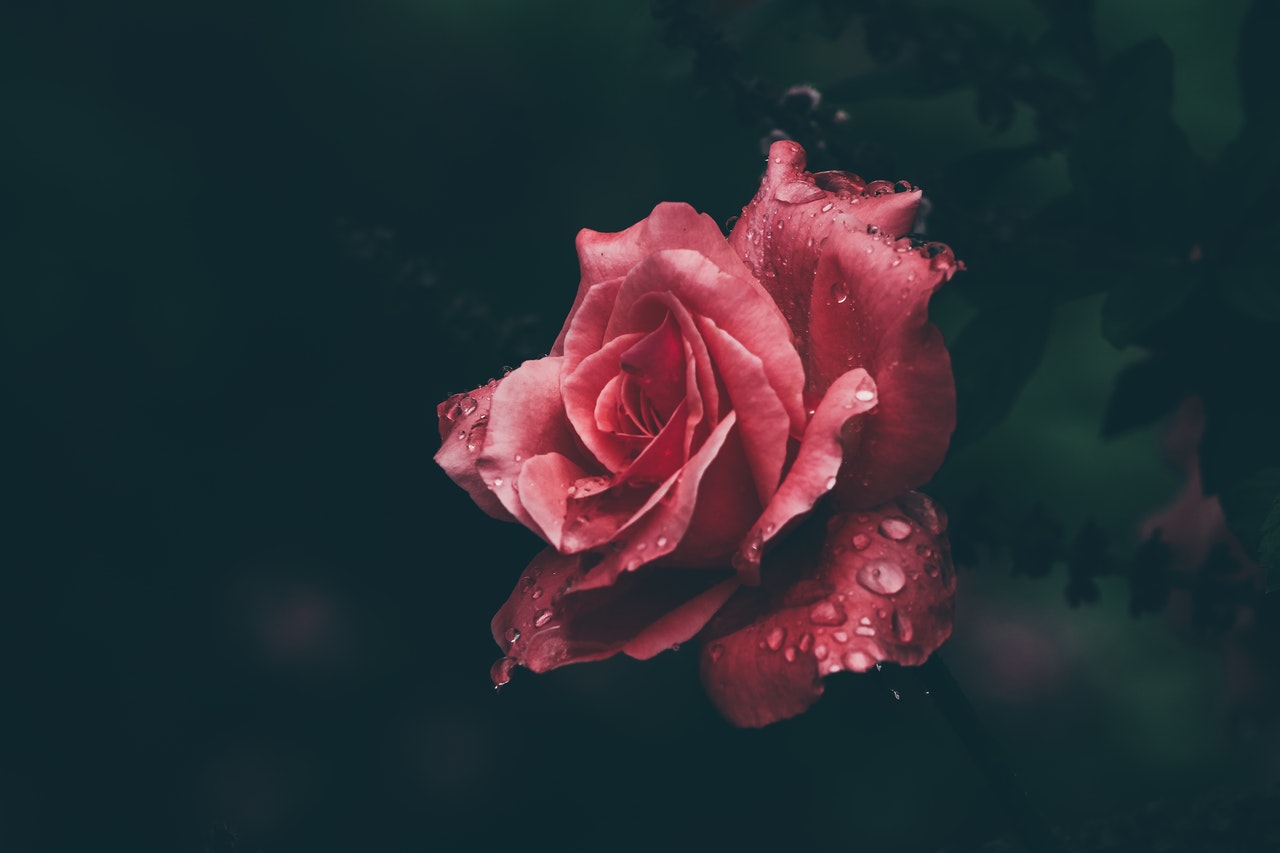You’re reading part one of a six-part interview. Click on the links to navigate:
- On Five Star Billionaire and personal reinvention
- On old and new China
- On censorship and (not) being a spokesperson
- On living in and writing about Shanghai
- On the art of writing
- On literary culture in Singapore
Click to view the interview on a single page.
See Aw’s schedule of public appearances in Singapore in April.
Where did the idea for this latest story come from?
The moment I realised I could write the novel the way I wanted, was when I was sitting in a late-night Taiwanese dessert place in Shanghai. I heard some people talking with a Malaysian accent, so naturally I tuned in. The more they talked, the more I realised they were from the neighborhood I grew up in, in Kuala Lumpur. And they were talking about someone I’d known when I was a teenager and had lost touch with; and who was now a businesswoman in Shanghai! And from that moment on I kept running into Malaysians and Singaporeans in Shanghai in really unusual situations. Coincidence after coincidence.
I realised the bigger the city is, the chances of those kinds of coincidences are actually higher. When you’re a foreigner in a city you’re always looking out to make connections with people from your background. The old city is more important than the new. They’ve moved to Shanghai to try and recreate a life for themselves, but actually they find when they’re there that the old life is more important. You can never really successfully escape your roots.
But, of course, you have yourself spent a long time away from ‘home’. How do you think that’s shaped who you are?
You only really know who you are when you move away from your home.
Because Singapore’s so comfortable there’s no real need to go for Singaporeans to go and live abroad; and as a result it’s not easy for them to know who they are. The moment you go and spend any time abroad, immediately you know what it means to be British or Singaporean or Malaysian. It’s very hard to get that when you’re surrounded by sameness.
And Shanghai is rather different.
Shanghai is a city for reinvention. The whole book is about reinvention. I was so struck by how many people I met in Shanghai who had just completely reinvented themselves. You didn’t even have to know them to realise they’d done that. Some because they wanted a change. Some because they had to have a change. Some because they were escaping something.
Modern China and modern Shanghai allow you to do that, because no-one’s really interested in your past. No-one asks you where you’re from. No one asks you what your qualifications are. Elsewhere, people want to see your CV. In modern China the only question is: can you do the job?
But it’s not always the easiest place to live in.
I found it really, really exciting to begin with, but after a while it’s really tiring. I don’t know how people can keep up. There’s that frontier mentality. Everything’s up for grabs. And you’re not defending your patch in the same way you are in Singapore or Malaysia.
Not being able to get a taxi is a great way of seeing how China works in microcosm. It’s not personal if someone steals your cab. You just weren’t quick enough. Whereas, in London, it would be taken personally and be seen as a real act of aggression. In Shanghai you just have to be quicker than the next guy.
People are caught up in this constant movement; it’s like this river of energy. But no-one knows why they’re doing it; it’s like being on a treadmill. There’s still this big existential question of “why am I doing it?”, which no-one has time to stop and contemplate. The characters in the novel really want to stop, to get off the treadmill and see how they’re connected to their past, but they don’t have time to do that.
How does it feel when you go back to London from Shanghai?
Whenever I go straight there from China, it’s like going to a village. Then after a few weeks it feels really busy and interesting. I think London is more energetic than any other city in Europe, but it doesn’t have that constant motion or energy of Shanghai. I used to lie awake at night and watch the constant traffic on the elevated highway, even at midnight.





